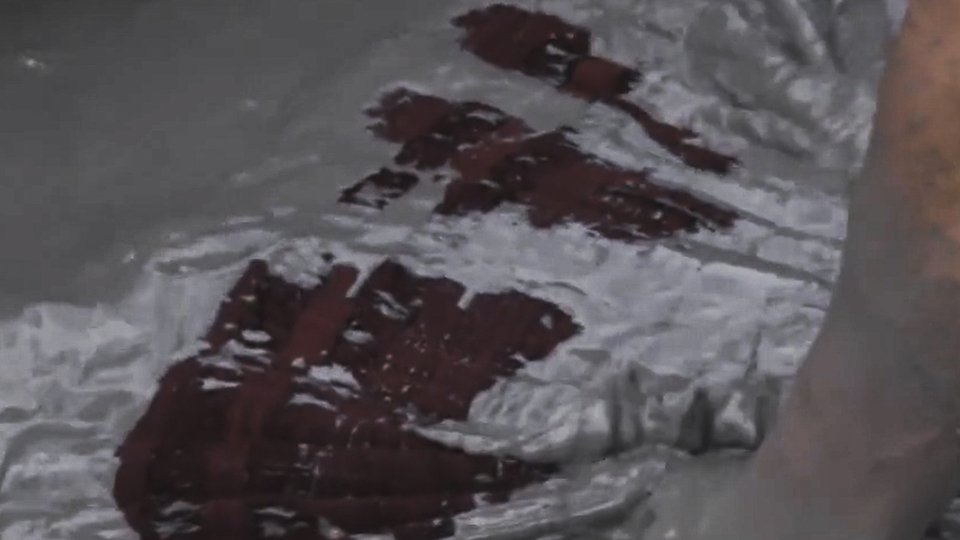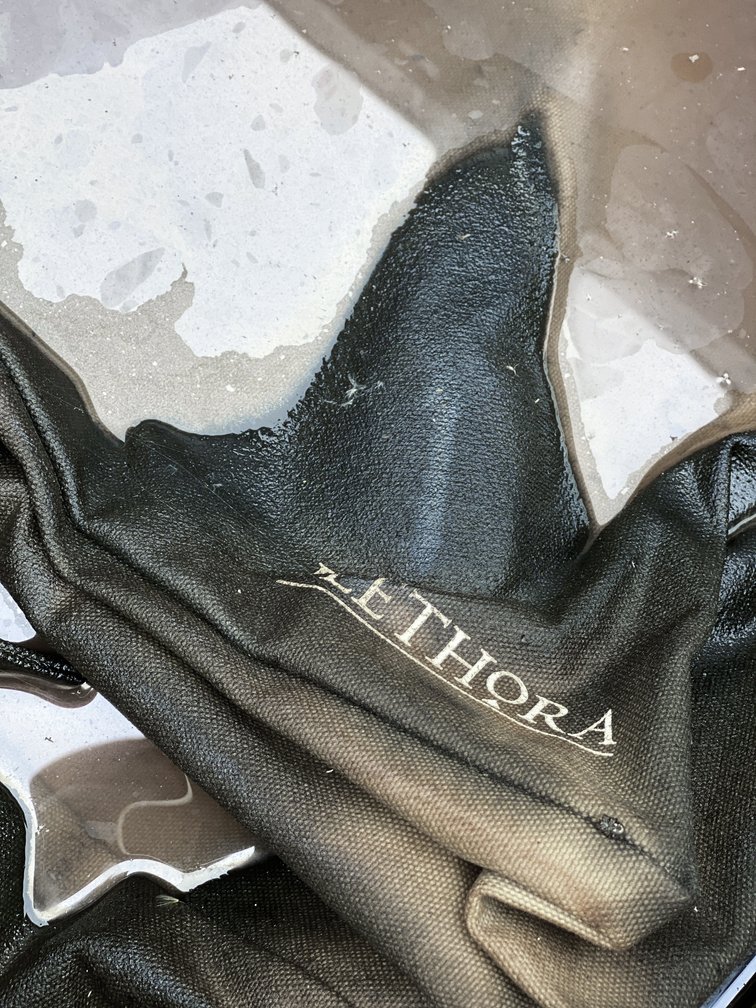
PLETHORA GARMENT PROJECT
Unisex SS23 capsule collection of rare garment qualities, sustainable production and traditional, natural dye techniques.
The Plethora Garment Project is a extension of the studio’s careful research into the world of natural pigments and a conceptual case study expanding into collaborations with skillful makers of the highest quality natural garment and artisans of natural dye techniques spanning from Japan to Denmark.
The result is a unique and timeless capsule collection of unisex styles and unique pieces based on premium high-density Kurashiki canvas (the world’s finest canvas quality) woven on traditional vintage shuttle loom machines in Okayama, Japan and hereafter dyed by the ancient dorozome mud-dye techniques of master craftsman Kanai Kougei on Amami Island, Japan and by the unique natural plant dye techniques of Cæcilie Parfelt Vengberg using botanic dyes from plants exclusively grown in the local Danish soil.
All styles are unisex and designed for a clean yet comfortable oversized fit with every possible attention to detail and in collaboration with Japanese brand Arthur by Rihei Arthur Sato.
KURASHIKI NATURAL CANVAS
All basic fabrics for the Plethora Garment Project are developed in collaboration with the Takeyari weavers of Okayama – producers of premium,high-density, organic Kurashiki cotton canvas since 1888.
The vintage random shuttle looms at the Takeyari factory yields a high-density weaved canvas of unparalleled quality and durability. The Plethora Garment capsule collection utilizes a blend of
extra-thick canvas no.2, the versatile, fine textured canvas no.8 and the soft, yet durable, TK-485 canvas for a perfect combination of strength, fit and comfort. All styles are unisex and designed for a clean yet comfortable oversized fit and every possible attention to detail by designer Rihei Arthur Sato - with special features such as custom abelone buttons, reinforced trims and seems for extra durability, and a careful development of canvas for feel and usage.
TRADITIONAL JAPANESE MUD DYE - DOROZOME
The rich, earthy tones of the atelier coats and blouses are the result of dorozome - the ancient traditional mud dye techniques, achieved by the repetitious immersing into the ancient primitive soil found on the volcanic island of Amami, Japan. In collaboration with the young master craftman Kanai Kougei, native to the island, Plethora has developed a discreet custom pallet of warm dye tones for the collection closely following the prescriptions of the 1500-year-old craft tradition. The native wheel plum tree (techi tree) is chopped into wooden chips and set to boil for 14-16 hours to allow the red dye to be extracted. Here it sits for a week before it is ready to be used for dyeing fabrics. The liquid dye is then mixed with an alkaline component extracted from limestone and corals and then hand massaged into the fabric for the basic dye. From here is brought to specific mud puddles on the island containing different levels of iron and sediment dating back 1,5 million years and plants such as cycad are added to enrich the iron levels for a stronger oxidation.
Between repeated massage into the ancient soil, the mud-soaked fabric is brought to the river to be washed and rinsed – a process that can be repeated up to 80 times until the intended rich and dark color is evenly achieved.
SCANDINAVIAN BOTANICAL DYE
The tradition of botanical dye has deep roots all around the world and represents a slower and more sustainable process than conventional chemical dyeing. On the unique pieces series Plethora has collaborated with Danish textile designer, Cæcilie Parfelt Vengberg on the production of a limited edition series consisting of unique hand-dyed Plethora Weekender bags – exclusively using the herbs and plants found in the local Danish soil.
After being cleansed of leftover fibers and fillers from industrial production, the canvas bags are soaked in tannin baths to mordant and colorize. Adding a unique blend of Scandinavian flora such as plum, bramble, violet, walnut and goldenrod and wide and pallet of color effects and organic colorations are achieved. By repeating this process time and over again, adding additional iron for oxidating specific parts of the organic pattern, every bag reaches its own unique expression.
BESPOKE AND SUSTAINABLE PACKAGING
The complimentary box series are crafted at the Plethora workshop from an innovative leather and cardboard composite for a unique texture and feel.
Handmade entire from repurposed, finely shredded leather cut offs, recycled paper and creek water without any adhesive or binder, the production is 98 % sustainable / carbon neutral and driven by a freshwater turbine.
Every piece from the Plethora Garment Project collection will arrive in its own bespoke leather composite box.




















